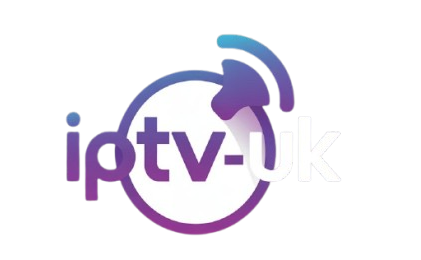iptv vs cable

IPTV vs Cable TV: A Comprehensive Comparison
1. Introduction to IPTV and Cable TV
The way people consume television has drastically changed over the past decade. Two major contenders in this evolution are IPTV (Internet Protocol Television) and traditional cable TV. IPTV delivers television content over the internet, whereas cable TV transmits it via coaxial cables. Both systems offer entertainment but differ vastly in technology, flexibility, cost, and user experience.
2. What is IPTV?
IPTV refers to the streaming of live or on-demand television via IP networks. Instead of using satellite or cable formats, IPTV uses a broadband internet connection. This technology supports time-shifted media, interactive TV, and video-on-demand, offering a modern alternative to traditional broadcasts.
3. What is Cable TV?
Cable television is a conventional system that transmits TV signals through coaxial or fiber-optic cables. It has been the industry standard since the late 20th century, offering scheduled programming and bundled channels through a cable box connected to a TV set.
4. Installation and Setup
IPTV typically requires minimal setup: a smart TV, a streaming device (like Roku or Fire Stick), or an IPTV app is sufficient. Cable TV requires professional installation of physical lines and set-top boxes. This makes IPTV more user-friendly and less dependent on physical infrastructure.
5. Cost Comparison
IPTV services often come with flexible, lower-cost monthly subscriptions, and many providers offer customizable packages. Cable TV tends to be more expensive due to equipment rental fees, bundled channel costs, and contracts. Over time, IPTV can be significantly cheaper for consumers.
6. Channel Availability and Variety
IPTV often offers a broader range of channels, including international content and niche programming. Cable providers, while comprehensive, are limited by licensing agreements and physical infrastructure, restricting the scope of available content.
7. Picture Quality and Performance
Both IPTV and cable can offer HD and 4K content. However, IPTV performance depends on your internet connection, which can lead to buffering or lag. Cable TV generally delivers more consistent quality but may not match the flexibility of IPTV’s streaming options.
8. Flexibility and Portability
One of IPTV’s greatest strengths is flexibility. You can watch your programs on multiple devices, including smartphones, tablets, and smart TVs, from virtually anywhere. Cable TV is tied to a specific location and device, limiting your viewing options outside the home.
9. DVR and On-Demand Capabilities
IPTV services often come with cloud DVR functionality, allowing users to record shows and access them across devices. On-demand content is typically vast. Cable TV also offers DVR options, but usually with hardware limitations and lower on-demand library breadth.
10. User Interface and Experience
IPTV platforms tend to provide modern interfaces with smart recommendations, intuitive navigation, and search tools. Cable interfaces can feel outdated and rigid, with limited personalization capabilities. IPTV offers an overall smoother digital experience.
11. Legal and Licensing Issues
Licensed IPTV services like Hulu + Live TV or YouTube TV operate within legal frameworks. However, many grey-market IPTV services exist, which can pose legal risks. Cable providers are fully licensed and regulated, providing peace of mind to consumers.
12. Technical Requirements
IPTV requires a stable, high-speed internet connection—ideally fiber or high-bandwidth DSL. Cable TV requires a working cable connection and set-top box. In areas with poor internet infrastructure, cable may remain more reliable.
13. Customer Support and Reliability
Cable TV companies typically offer 24/7 customer support and are well-established. IPTV services vary, especially among smaller providers. Major IPTV platforms, however, often provide responsive support and self-service tools online.
14. Final Verdict: IPTV vs Cable TV
The decision between IPTV and cable TV depends on your needs:
Choose IPTV if you:
- Value flexibility and portability
- Want a cost-effective solution
- Prefer modern interfaces and on-demand options
Choose Cable TV if you:
- Live in an area with poor internet connectivity
- Prefer consistency and legal assurance
- Want bundled services like home phone and TV
Ultimately, IPTV is the more future-ready option, but cable still has its place for certain households and demographics.
